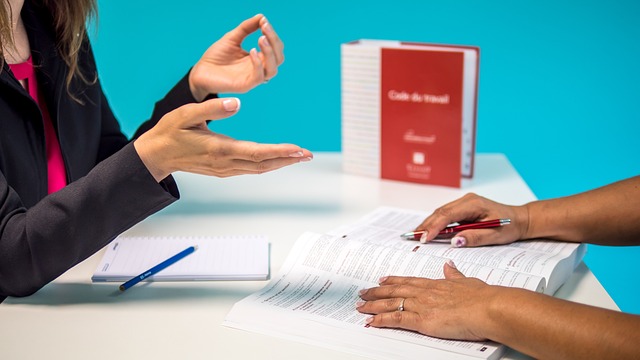Arrest is a process where law enforcements deprive a person of liberty. Foreign nationals can also be subject of arrest, which may lead to a serious consequence. This article aims to provide crucial information when you are involved in arrest, such as the rights of the arrested person and the procedural timeline.
Key Timeline
Arrest (Up to 72 hours)
An arrest warrant is valid for 72 hours, and the defendant will be detained for the same amount of time from the time of arrest. During the 72 hours, a prosecutor will examine their case and all the evidences supporting their commitment of a crime.
(a) In case the prosecutor decides that further investigation is necessary, they make a detention request to a Judge and send the defendant to them for an interview. This interview by a Judge is called “detention examination,” where the defendant can express their opinion, and the Judge decides if they approve the detention or not.
(b) In case the prosecutor doesn’t think the defendant’s detention is necesssary, they will release them.
Importantly, if what the defendant has done falls within a category that invokes deportation, they will lose their visa status and be transferred to the immigration office.
Detention before prosecution (Up to 20 days for standard cases)
Upon each detention approval by the judge (up to 2), the defendant will be detained for up to 10 days. The maximum detention before trial is 20 days, however, for some ghastly crimes such as murder, prosecutors can detain the suspect up to 25 days. Police officers and prosecutors will conduct your interogation from time to time. At the end of the detention period, the prosecutor decides whether to prosecute you or not. If they don’t prosecute you this time, you will be either released or transferred to the immigration, depending on the nature of your case.
Prosecution
It is the prosecutor’s decision to bring the suspect to trial, and this is called “Prosecution”, where they will present all of the evidence gathered and try to convince the Judge of the suspect’s committing the crime to obtain a conviction.
When the prosecution is made, the defendant will be automatically detained until a sentence is given. If they wish to be released, they have to request a bail. The chances of getting permission for bailing out is not high and it will need concrete basis and logic, so having an attorney is recommended.
If they can’t afford an attorney, they have the right to have one free of charge. This is called [国選弁護人] “A Court-appointed attorney.”
The court will decide the first date of the trial, which usually falls within a 1-2 month range after the prosecution.
Trial
Criminal trial is a process to determine if the accused is guilty of any particular crime. Prosecutors are responsible to prove the crime and present supporting evidence, and the defendant and its attorney present evidence of innocence, or any mitigating factors in case they admit the commitment of the crime. At the end of the trial, Judge(s) make a judgement.
If the defendant is found innocent, they will be immediately released. In case of conviction, they will be treated according to the nature of the sentence, unless they make an appeal within 14 days.
A standard trial will take place for a few times, with a few weeks’ interval each. There are also special types of trials such as a Jury trial or an expedited trial with the same-day judgement for crimes of certain category.
Possible Outcome of Being Criminalized
Imprisonment
The standard conviction is imprisonment and/or penalty fee, with the possibility of suspension of sentence for a certain amount of time.
Foreign inmates are likely to be sent to either of the following correction centers (source):
- Fuchu prison
- Yokohama prison
- Osaka prison
- Tochigi prison
- Shizuoka prison
- Nagoya prison
- Kyoto prison
- Kobe prison
- Wakayama prison
The possible outcome includes not only criminal punishment, but also serious effect on visa status, such as deportation and refusal to land for a certain period of time. The detailed information is found on “[[How does an arrest affect your visa status]]” page.
Your Rights under Arrest
The polices are authorized to make an arrest by a permission by court [逮捕状] based on a reasonable doubt.
If the defendant believes that any law enforcement officer infringes their rights, they can report the issue to a higher officer. In case they need further support, they are encouraged to reach out to an attorney. (Free call services are available here) The following rights are granted to every defendant by law.
- Right to access to the consul of your nationality
- Right to one-time free counsel (applicable to everyone):
- In case of arrest, one can request a consultation with an attorney ([当番弁護士] “On-Duty Attorney”) for free. However, this is only applicable once.
- Right to choose defence attorney (applicable to everyone) but the defendant has to pay.
- Right to free interpreter for communication with public authority including prosecutors, poilce officers, and judges. (Applicable to everyone)
- Right to free defence attorney with interpreter (only applicable if one falls under the low income range)
- Right to notify someone of arrest
- Right to remain silent during interrogation
- Right to refuse your signature on the investigator’s record of oral statement



2 thoughts on “Know Your Rights: What to Do If Arrested in Japan”